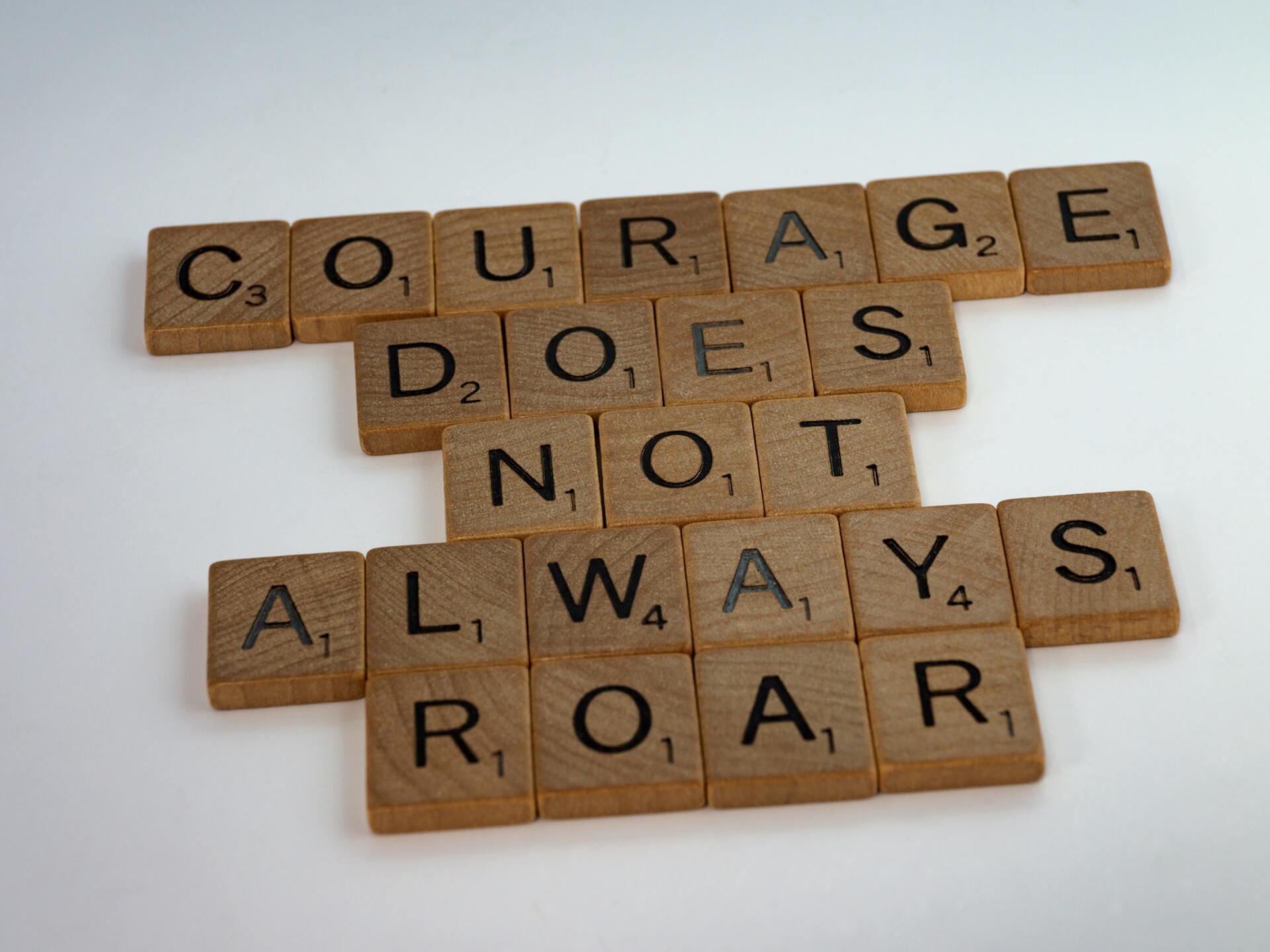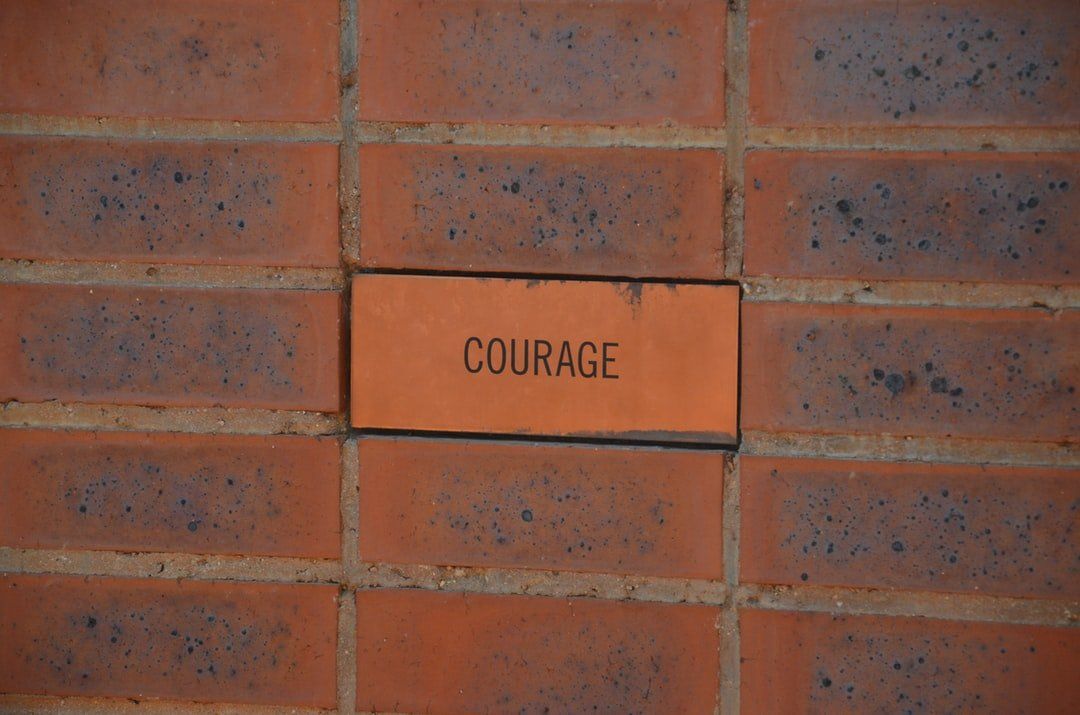Some people love to have a solid daily routine, while others shudder at the thought of having a predictable schedule. During times of great stress, however, maintaining structure and routine can help you feel more organized and in control.
Having a routine can be helpful at any time, particularly if you are trying to establish healthy habits, but these routines can be particularly important when aspects of your life feel uncertain.
The disruptions caused by the current global challenges have dramatically altered many people’s normal routines, which makes it that much harder to cope with the stress that people are feeling.
A Sudden Lack of Structure
Many people are either working from home or faced with the prospect of an unknown period of unemployment. Those working at home may quickly discover that the constant isolation and lack of a normal schedule can be mentally taxing.
When people don't have a routine or structure to their day it can cause increased stress and anxiety, as well as overwhelming feelings, lack of concentration, and focus.
A lack of structure and routine can actually exacerbate feelings of distress and make you pay more attention to the source of your problems.
“If people don't have structure and are sitting around with less to focus on, then they also probably will find themselves thinking about the stressful situation more, which can also lead to additional stress and anxiety."
One way to get out of this cycle that promotes ruminating over the source of your stress is to maintain some structure and routine throughout your day.
The Benefits of Having a Routine
Routines can play an important role in mental health.
Having a regular routine can help you:
- Lower stress levels
- Form good daily habits
- Take better care of your health
- Feel more productive
- Feel more focused
Getting necessary tasks out of the way can also help you find more time for healthy behaviors like exercise and leave you more time to enjoy fun activities and hobbies.
Focus on Things You Can Control
Managing your own behaviors can help you feel more in control of the situation.
A good place to start with creating a new routine is to set wake-up and bedtimes, as well as meal and activity times.
The key is to create a routine that adds structure and a sense of predictability to your day. Of course, your schedule may change somewhat depending on the day of the week, but sticking to a basic structure for when you will wake, eat, work, do activities, and sleep can help you feel less stressed out and more organized.
Structuring your day also ensures that you accomplish those basic tasks that must be done, which will leave you with the time to schedule in other things that you want or need to accomplish.
You’ll feel more organized and productive with a regular routine, which will help you feel more proactive and in control in the face of a stressful situation.
Follow a Routine That Supports Your Health
There are some things that you can make a part of your daily routine to help manage stress levels.
These include:
- Staying active and getting regular daily exercise
- Making sure that you are well-rested
- Eating healthy meals on a regular schedule
- Setting realistic goals
- Trying to stay positive
- Preparing for challenges but not ruminating on things you can't control
- Staying in touch with friends and family members
- Setting aside time for activities that you enjoy
It’s important to find things to fill your time so you don’t end up engaging in unhelpful or unhealthy behaviors.
Make Your List
One helpful activity is to make a list of the things that you normally do during the day. Include everything from work to meal preparation to household chores. Once you have an idea of the basic tasks you need to accomplish, you can start creating a general outline for what you might need to accomplish each day to stay on track.
Stress can make it hard to concentrate, so outlining these daily activities can help you better focus on what’s important.
While its important to get the essentials done, be sure to find things that you can look forward to, whether it’s watching a favorite television show or calling up a friend. Making these little rewards a part of your routine can help you stay upbeat and focused when you are working on a task that you might not enjoy as much.
Find What Works for You
Is it better to have a structured daily schedule or just a general to-do list for the day? Some people might thrive with a highly structured daily schedule that outlines activities in specific blocks of time, while others might do well with a loose list of things they need to get done in the day.
How do you decide which approach is right for you? Consider your motivations as well as what you need to get done. “If it is something that is of high importance and needs to get done on a specific day, then scheduling it into your routine and carving out that time may be necessary to make sure it gets accomplished.
In other words, deliberately schedule a specific time to take care of those high priority tasks. Knowing that you have that time set aside for those tasks will leave you free to focus on using the rest of your time effectively.
When we don’t feel motivated to do things, it is very easy to procrastinate doing them and they will continue to get pushed for the next day and the next day.
Knowing that you need to do those tasks at a certain time on a certain day will help keep you on track and hopefully overcome the urge to just keep putting them off.
Remember It Takes Time and Practice
Just like trying to create a new habit, starting and sticking to a new routine takes some time and effort. You know yourself best, so if something doesn't seem to be working, try tweaking your schedule to make it work for your needs.
"If you feel like each day you feel unmotivated and lethargic at a certain time, then that is a sign that you may need a mental break at that time."
When you find yourself in those moments, think about what you might need to feel better and get motivated. That might mean that you need to take a break, go for a walk, have a snack, or spend some time working on a hobby.
Structure your day to make the most of the natural ebb and flow of your energy levels. You'll get more done and ensure that you're getting what you need in terms of rest and relaxation.
“Plans don’t always go as planned, though, so remember to be kind to yourself.”
“This is not the time to put extra pressure and expectations on yourself. It's not easy to create new routines, or add structure to a day, when our lives feel completely disrupted and turned upside down, so it may take some time to get used to this "new" routine and be able to feel accomplished.”
So, Try to Feel More Courageous
If you're like most people, you probably equate courage with fearlessness, but that's a faulty interpretation. In fact, courage is taking action in spite of the fear you feel. Courage is the willingness to respond fearlessly despite the anxiety and worry that might be tugging at you.
In fact, one of the best ways to be courageous is to understand what you're afraid of and then refuse to allow that fear to paralyze you. Because if you let it, fear has the power to stop you from moving forward, taking risks, and making the most of opportunities. Meanwhile, being courageous allows you to take chances, pursue your dreams, and get what you want out of life.
If you've been struggling with fear and want to feel more courageous in your life, there are a number of ways you can exercise your courage muscles and make the most out of every situation.
Benefits of Courage
Being more courageous in your life will help you respond appropriately to risks and accomplish positive things in your life. But it takes work to move beyond your fears. In fact, being courageous is about thinking things through, examining the risks and rewards, and acting in spite of the fear that inevitably sets in.
What's more, courage gives you the power to chase after things that are important to you. It also bolsters your self-confidence and allows you to believe in your abilities. Likewise, it's important that you realize that courage is not the absence of fear.
In fact, feeling fearful is healthy because it causes you to slow down and evaluate risks properly. Never beat yourself up or assume you are not courageous if you feel fearful. To be courageous means that you are able to act in spite of feeling fearful. Additionally, the more you are able to face your fears, the more you will replace your fear-based response with a courageous one. Here are some other benefits of courage:
- Being courageous in the midst of fear can build your self-confidence.
- Embracing courage allows you to see the world from a different perspective.
- Making courage a part of your life equips you with the ability to empower others to do the same.
- Choosing to step out of your comfort zone and be more courageous makes you a more well-rounded person and broadens the experiences you have in your life.
- Being courageous makes you a more successful person because you're more likely to pursue your dreams and seize opportunities as they present themselves.
- Embracing courage and incorporating it into your life will increase your sense of happiness.
How to Feel More Courageous
Being fearful is a powerful force that can lead to stagnation. In fact, if fear is not viewed correctly it can prevent you from achieving your goals and pursuing opportunities. Consequently, many people allow fear to keep them stuck in their comfort zone rather than flexing their courage muscles and trying something new in spite of the risks.
Maintain a Healthy Perspective
Too many times, people assume that you are either born courageous or you're not. And while it is true that some people could be more predisposed to displaying courage, that doesn't mean that all is lost for you. In fact, it's best to view courage as a muscle. And while some people might be born with more defined muscles than others, everyone has the ability to improve their courage muscles with the right training and practice.
Likewise, it's important to recognize that fear is not a bad thing. In fact, in some ways fear is healthy. For instance, fear triggers your nervous system and your survival instincts that are designed to keep you safe. For this reason, you might feel fearful when approached by a stranger in a dark alley or you might feel fearful during a tornado.
Instead of assuming that being fearful is a bad thing, look at it as an opportunity to learn more about who you are and why you might be afraid or less than thrilled about stepping out of your comfort zone. You might find that if you take the time to name your fear and understand why it's there, that you will uncover a better idea of how to overcome it or be courageous in spite of it.
In fact, research shows that putting your feelings into words helps curb your negative responses to fear. Plus, voicing your fears doesn't make you weak. Instead, it makes you brave. After all, it is not easy to acknowledge where you are vulnerable. So, if you are able to acknowledge your fears, you're one step closer to being courageous.
Consequently, rather than minimizing your fear or denying that it exists, recognize what is holding you back. By acknowledging your fear—either by writing it down or by sharing it with a supportive person—you are empowering yourself to be courageous in spite of feeling fearful.
Identify Your Strengths
When it comes to living a life filled with courage, it helps to begin by identifying what you're good at as well as where you have been successful. In fact, research shows that people who recognize and develop their strengths not only feel happier and less depressed but are also more resilient.
Additionally, knowing what you're good at helps boost your confidence, which makes it more likely you will take risks and be courageous. Likewise, when you're confident in your abilities, you're much more willing to go all-in when an opportunity presents itself.
What's more, when you are struggling with fear and want to incorporate more courage in your life, it's natural to focus on your shortcomings and your weaknesses. But, doing this just makes it less likely that you will feel courageous. For this reason, it's important to think about what you're good at as a way of building your confidence and your courage.
Examine Different Scenarios
When it comes to being courageous, it's helpful to imagine not only the worst thing that could happen if you take a risk but also what would happen if you didn't act at all. Many times, comparing the two extremes is all you need to move beyond your fears because most of the time, the worst thing that could happen is often minimal in comparison to what you could gain by acting. If you regularly use comparisons like these, you will build an immunity to letting your fears control you over time.
Practice Leaving Your Comfort Zone
When you let fear keep you from doing something fun, going after something you want, or expressing who you are at your core, it can result in a life that is not truly lived. And if you want to change that aspect of your life, it's going to take being intentional about your life.
Building your courage muscles requires that you push yourself to step outside of your comfort zone. Consequently, choose some scenarios that make you uncomfortable, but where the stakes are not as high.
In other words, practice being courageous by overcoming little fears like meeting new people or eating alone in a restaurant before you tackle something like taking the lead on a project or heading up your community's toy drive. By starting small, you can get used to being courageous without a lot of risks at first. Eventually, you will get to the point where you can take bigger risks.
Reduce Your Stress
Sometimes people experience fear or feel like they lack courage simply because they are exhausted and the thought of doing anything more just seems too overwhelming. If you find that you're feeling overwhelmed, frazzled, or bogged down, look for ways to relieve stress. It's hard to feel courageous when you are stressed out.
Consequently, look for ways to reduce the stress in your life. In addition to taking care of yourself, look for ways to unwind and decompress. In some instances, that might mean taking a short vacation or some much-needed time off work. Everyone needs a break now and then. So, if you feel too overwhelmed with the thought of trying to be more courageous, it could be that you first need to reduce the stress in your life.
Celebrate Courageous Actions
Every courageous act should be celebrated—especially if living courageously is something new for you. So, don't fail to acknowledge the times when you acted with courage despite feeling fearful. It's important to pat yourself on the back and recognize the effort it took to overcome your fear. In fact, experts acknowledge that those who celebrate small wins tend to be more successful in the long run.
Of course, you don't have to shout it from the rooftops or blast it on social media, but make a mental note of what you accomplished and allow yourself to feel good about that. You may even want to keep a journal of these little acknowledgments to reflect on at times when you're feeling discouraged or like your life lacks courage. Doing so will keep you from engaging in negative thoughts or assuming that you will never be courageous.
Welcome Failure
Most people are afraid of failure, which often keeps them stagnate or stuck in the same place. In fact, the fear of failure can lead people to develop rigid standards and become perfectionistic in an effort not to experience embarrassment or shame that comes with failure.
But failure is an experience that should be embraced. Remind yourself that failure is not a bad thing, especially if you took risks or stepped outside of your comfort zone.
After all, failure is an opportunity to grow as a person. It allows you to learn something new, change directions, and see what you're made of. And if viewed as a welcome experience instead of a worst-case scenario, it stretches you to try new things in spite of the risks involved.
When it comes to courage, it's never too late to start living a courageous life. In fact, courage is simply another trait that can be developed with intentional effort and practice. All it takes is the determination to recognize your fears and the willingness to choose to act in spite of them.
And when you identify your fears and take a proactive approach to work through them in order to achieve your goals, you will not only build your self-confidence but you'll also be more successful overall. Look at your fears as an opportunity to build your courage muscles and before long, you will be able to push through your discomfort and live the kind of life you have always wanted.
Thank you for your support. We appreciate it immensely and thank you for sharing with others.
"Providing Better Health Through Knowledge"

















